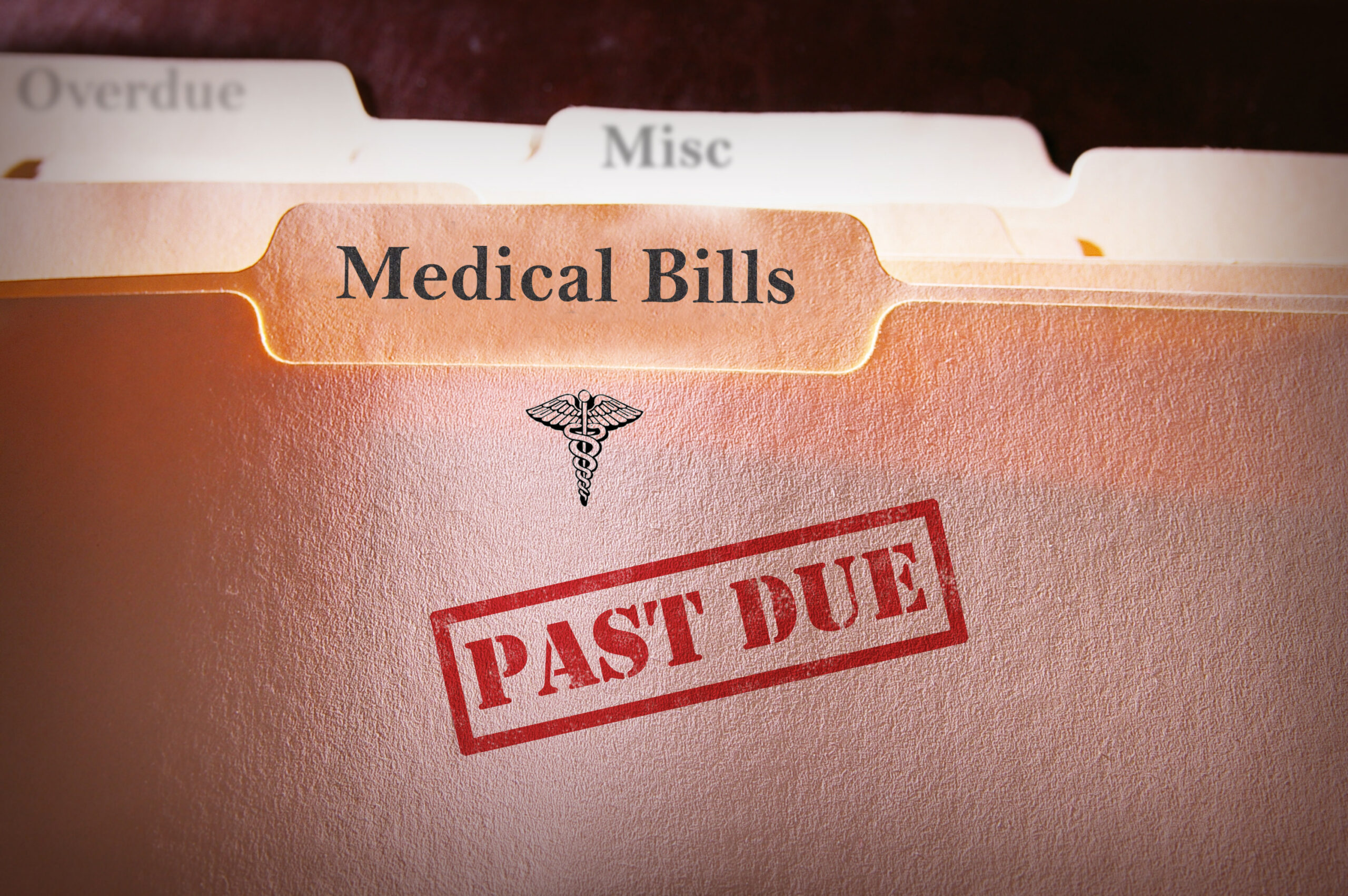
Medical debt is one of the major problems a lot of adults have to deal with.
It may start off as a medical bill from a recent medical treatment. If you failed to pay the said bill before the due date, it will be sent to a medical debt collection agency and become a medical debt.
Everyone knows how medical bills can rip off your finances. That’s why most of the time, one ends up in a collection. Don’t worry; you’re not alone as most people are also working on finding a solution for their medical debts. However, there really is no straightforward solution to avoiding medical debt.
Nevertheless, there are some steps that you can take so you can deal with one. These include the following:
- Avoid overlooking your medical bills
If your goal is to not let your bills reach the collection agency, you shouldn’t ignore them for too long. Health providers will usually give you a few months so you can have time to pay for your bill. They will then pass the payable amount to the collection agency once the bill goes unpaid after the set deadline.
The fact that it’s already a medical debt collection indicates that your debt must be paid sooner before it reflects in your credit report. Once your credit report is affected, it may ruin your chances of borrowing money in the future. Plus, you could get sued for a debt, which may be the worst-case scenario no one would ever want to go through.
- Double check the services not covered by your insurance
Mistakes can happen anytime, including your medical bills and debts. As much as possible, double check every item or service that is stated in your statement. Call your insurance company and know the reason why certain items aren’t covered. Don’t be afraid to ask them if you think they should cover more than what’s stated on the bill.
- Negotiate your medical bills
Most medical health providers follow a completely different pricing structure for their service. This means there could be instances in which they would charge you for a nearly random price. This is mostly because the medical industry knows the fact that a lot of people are not fully aware of what they’re charged for. Hence, they use it to their advantage.

Make sure that when you get your medical bill, go through every item on the list and examine if you availed any of the specified procedures or medications. The good thing is that you have the right to ask questions about their services so you can confirm that you’re only paying for you got.
- Pay off small medical bills
If you have an emergency fund, this may be the right time to use it in paying your medical debts. You may have small medical bills in the collections that could be sufficiently covered by your savings account. In case you’re not paying in full, contact the medical debt collection agency and make sure to set up payment arrangements with them to avoid them from suing you in case they think you’re not planning to pay at all.
- Get help by filing bankruptcy
If you’re struggling to make ends meet, this may be the time that you have to file for bankruptcy. Some medical debts are released if they are legible under Bankruptcy basics from Chapter 7.
Alternatively, you may also pay your medical debt within three to five years under the repayment plan. This may be the last thing you have in mind to resolve your medical debts, but this is better than barely surviving daily and the possibility of not being able to pay your debts at all. Make sure to discuss this with an attorney first and see if this is a good option.
The Bottom Line
The safest way to deal with medical debt collection is by being prepared to pay for it. If your payable balance is more than you could cover, you can follow the mentioned ways above to help lessen your balance. Just hope for the best that you can pay your medical debts before you are forced to file for bankruptcy.